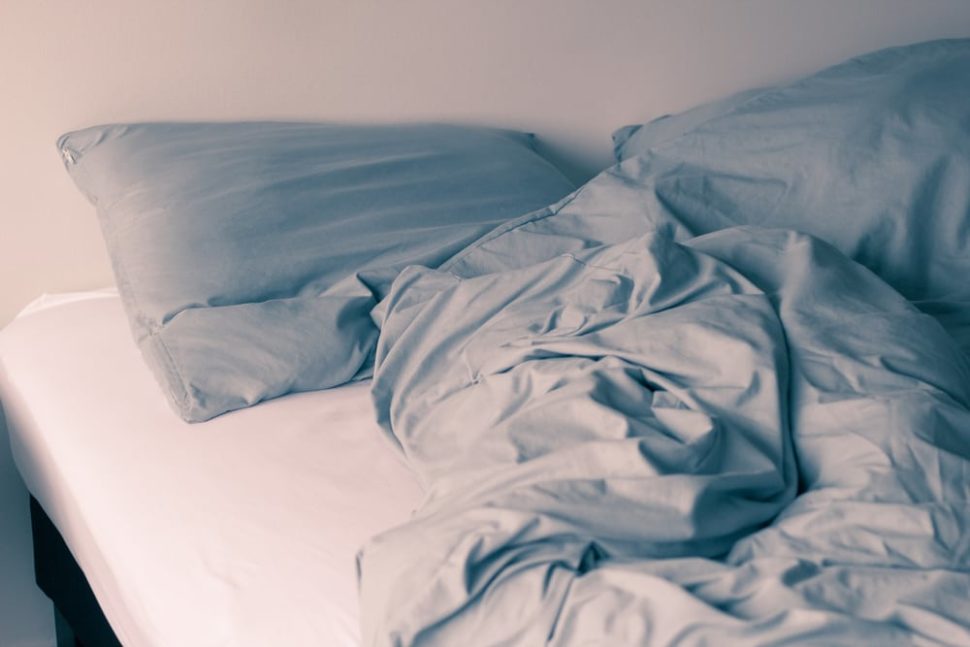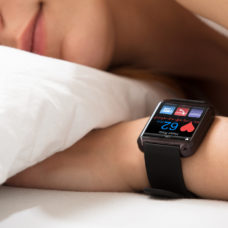For years, poor sleep has long been associated with depression. Now, researchers have finally found the neurological connection between the two.
The neurological connection was established after studying the records of over 9,700 people with depressive problems. People with depression have been found to exhibit a strong connection between three distinct regions of their brain: the dorsolateral prefrontal cortex, precuneus, and the lateral orbitofrontal cortex.
The dorsolateral prefrontal cortex is said to be responsible for a person’s short-term memory. The precuneus is linked with self-ideas while the lateral orbitofrontal cortex is associated with negative emotions.
“The understanding that we develop here is consistent with areas of the brain involved in short-term memory (the dorsolateral prefrontal cortex), the self (precuneus), and negative emotion (the lateral orbitofrontal cortex) being highly connected in depression, and that this results in increased ruminating thoughts which are at least part of the mechanism that impairs sleep quality,” Jianfeng Feng, one of the researchers from the University of Warwick, said.
According to the researchers, people who claimed to have disrupted sleep patterns also showed increased activities in the brain regions they identified while studying the data of the patients with depression.
“The relation between depression and sleep has been observed more than one hundred years, and now we have identified the neural mechanisms of how they are connected for the first time,” Feng added.
“These findings provide a neural basis for understanding how depression relates to poor sleep quality, and this, in turn, has implications for treatment of depression and improvement of sleep quality because of the brain areas identified.”
Poor sleep and depression mostly go hand-in-hand. In fact, around 75 percent of depressed patients have been found to exhibit high levels of sleep disturbance like insomnia. This works both ways as people with insomnia are also at risk of developing depression.
The researchers believe that their discovery could pave the way for better treatments to be developed for people with depression and sleep disorders. Feng and his team’s research work was published in the journal JAMA Psychiatry.












Absolutely, Tech gadget is the biggest culprit!